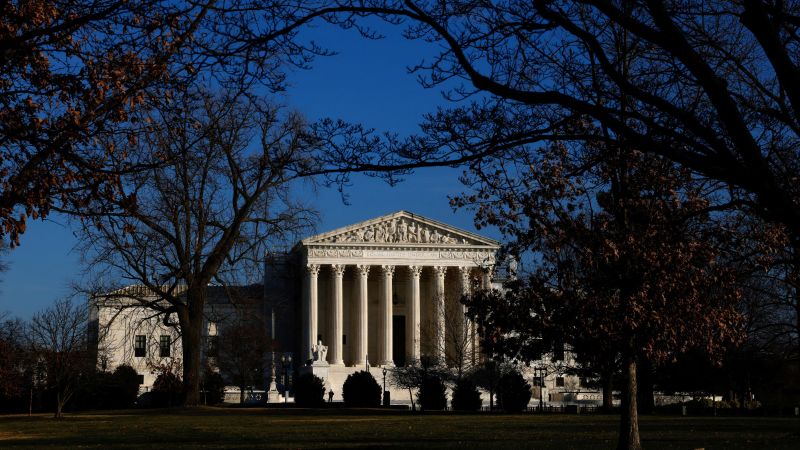Social media companies should be treated as utilities such as telephone or telegraph companies, a group of states led by Republican attorneys general told the US Supreme Court on Monday.
In a friend-of-the-court brief, 19 states and the state legislature of Arizona wrote that the Supreme Court should uphold laws passed by Texas and Florida that restrict companies including Meta, YouTube, X and others from moderating the content that their users post online.
Contested state laws forcing social media companies to carry all online speech are constitutional because tech platforms enjoy “hyperconcentration” of economic power, the group argued.
The brief reflects broad conservative support for laws that have been presented as “anti-censorship” but that the tech industry has argued violate the First Amendment rights of social media companies to manage their own, private spaces.
The high-stakes case could determine the future of social media moderation and online political speech and is expected to go to oral argument next month. The case could have implications on the posts that people and institutions make on social media during this presidential election cycle.
In their brief, the states noted “striking similarities between social media companies and telegraph and telephones,” and that those similarities justify tough new rules barring discrimination on the basis of political viewpoint.
The question for the court, the states wrote, is “whether companies like Facebook are more like newspapers, parade organizers, cake bakers, and website designers, or more like telephones, telegraphs, schools and shopping malls.”
The brief also argues that the rules are needed because dominant social media companies are “entrenched” and use their “unprecedented power to censor mainstream speakers on important issues of public debate.”
Tech platforms have long argued that their services are politically neutral and that their content moderation practices reflect the private policies they have established to combat spam, fraud, incitement, misinformation or other ills the companies may choose not to host.
Some legal experts have warned that the breadth of the state laws makes it nearly impossible to comply with them without also unleashing a torrent of spam, adult content or other objectionable material on the platforms that the companies may freely moderate today.
US appeals courts are split on the matter. In 2022, the 5th US Circuit Court of Appeals sided with Texas on its law, while the 11th US Circuit Court of Appeals sided with the tech industry.
Read the full article here
